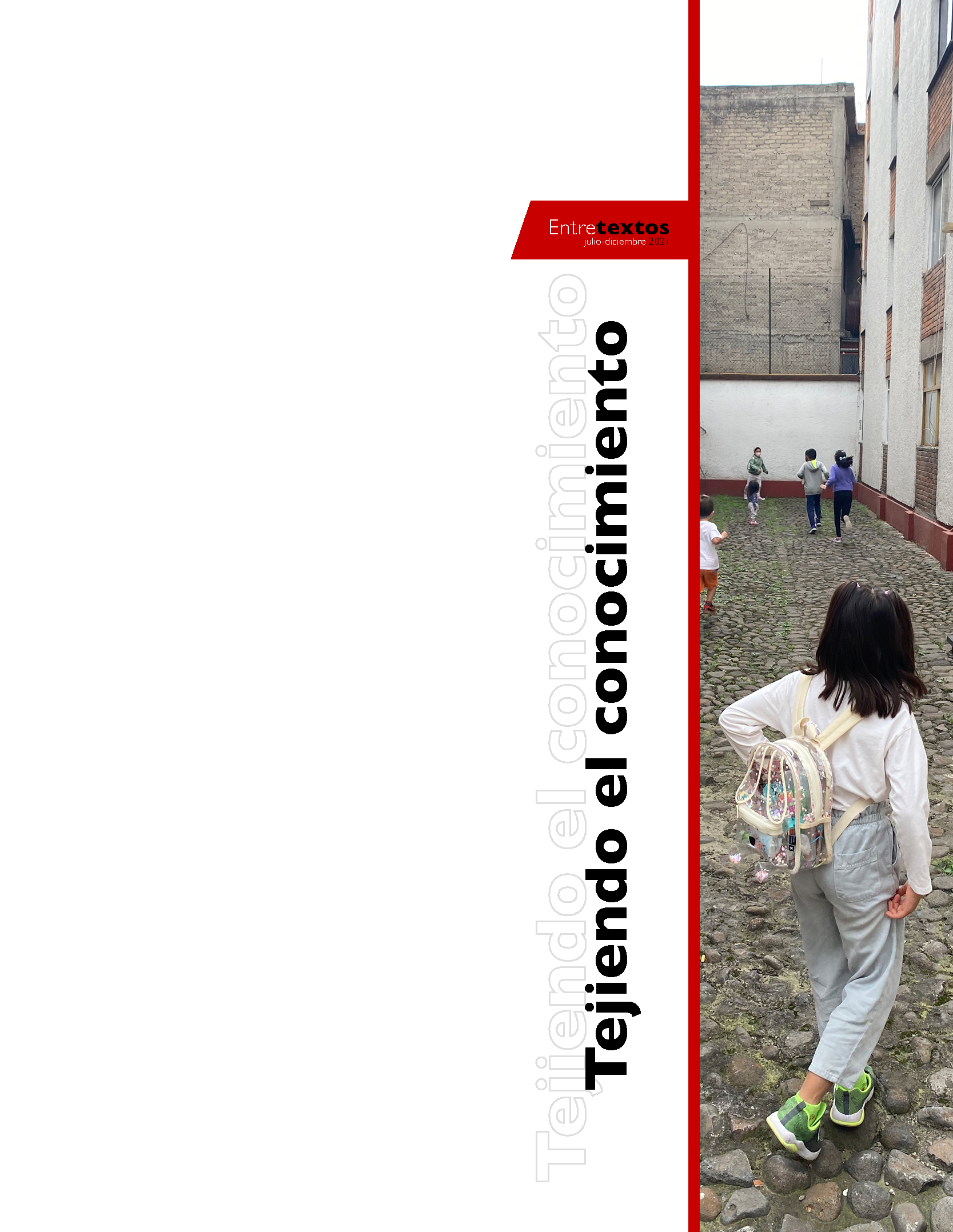The cinematographic space
A place that projects our emotions
DOI:
https://doi.org/10.59057/iberoleon.20075316.202137212Keywords:
image, language, diegesis, projection, space, cinematographic, emotionAbstract
In this article, I comment on, support and explain the narrative use of cinematographic space for the projection of the emotions of the characters. The theoretical foundations based on cinematographic diegesis (relationship between space, time and action), linked to the psychological currents that speak of projection, help me to clarify by means of examples the use of this element of cinematographic language that has been spoken and written about so little, but which is present in films of all times.
Downloads
References
Agel, H. (1978). L'espace cinématographique. J. P. Delarge.
Allen, W. (dir.). (1985). The Purple Rose of Cairo [película]. Orion Pictures.
Andersson, R. (dir.). (2007). Du Lavande [película]. Roy Andersson Filmproduktion AB.
Bazin, A. (1966). ¿Qué es el cine? Rialp.
Bergman, I. (dir.). (1966). Persona [película]. Aurora.
Boyle, D. (dir.). (1996). Trainspotting [película]. Channel Four Films.
Bresson, R. (1975). Notes sur le cinématographe. Gallimard.
D´Adamo, A. (2018). Empathetic space on Screen. Palgrave Macmillan.
Donen, S. (dir.). (1951). Bodas Reales [película]. Metro-Goldwyn-Mayer.
Ellis, S. (dir.). (2006). Cashback [película]. Left Turn Films.
Fellini, F. (dir.). (1960). La Dolce Vita [película]. Riama Film.
Fellini, F. (dir.). (1963). 8 y 1/2 [película]. Cineriz.
Fellini, F. (dir.). (1973). Amarcord [película]. F. C. Produzione.
Fellini, F. (dir.). (1983). Y la nave va [película]. Vides Produzione.
Flachier, J. (1990). Apuntes de Psicología Profunda. Pontificia Universidad Católica de Ecuador.
Freud, S. (2016). Nuevas observaciones sobre las neuropsicosis de defensa. NoBooks Editorial.
Gardiès, A. (1993). L’espace au cinéma. Méridiens Klincksieck.
Gaudreault, A. y Jost, F. (1995). El Relato cinematográfico: cine y narratología. Paidós.
Gondry, M. (dir.). (2004). Eternal Sunshine of the Spotless Mind [película]. Focus Features.
Griffith, D. W. (dir.). (1915). The Birth of a Nation [película]. Epoch Producing Corporation.
Griffith, D. W. (dir.). (1916). Intolerance: Love's Struggle Throughout the Ages [película]. Triangle Film Corporation.
Heidegger, M. (1974). El ser y el tiempo. Fondo de Cultura Económica.
Hitchcock, A. (dir.). (1959). Con la muerte en los talones [película]. Metro-Goldwyn-Mayer.
Kant, E. (1998). Crítica de la razón pura. Alfaguara.
Kusturica, E. (dir.). (1993). El Sueño de Arizona [película]. Constellation.
Lizarazo, D. (2004). La fruición fílmica, estética y semiótica de la interpretación cinematográfica. Universidad Autónoma Metropolitana.
Lynch, D. (dir.). (2001). Mulholland Drive [película]. The Pictures Factory.
Martínez, M. A. (2011). Laberintos Narrativos: Estudio sobre el espacio Cinematográfico. Editorial Gedisa.
Pons, A. (dir.). (2017). Desde el Fondo [cortometraje]. Grippaux Atelier.
Resnais, A. (dir.). (1961). L'année dernière à Marienbad [película]. Cocinor.
Seguin, L. (1993). L’Espace au cinéma (Hors-champ, hors-d’oeuvre, hors-jeu). Editons Ombres.
Souriau, É. (1953). L`Univers filmique. Flammarion.
Wiene, R. (dir.). (1920). El Gabinete del Dr. Caligari [película]. Decla-Bioscop AG.

Published
How to Cite
Issue
Section
License
Copyright (c) 2021 Entretextos

This work is licensed under a Creative Commons Attribution-NonCommercial 4.0 International License.




